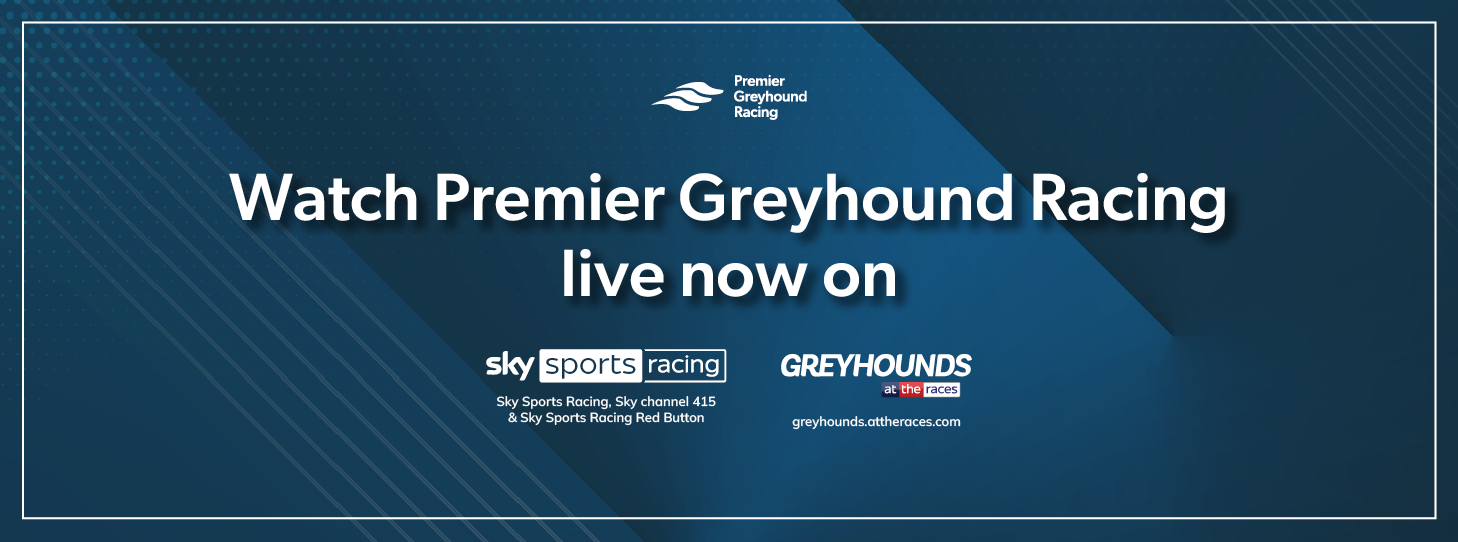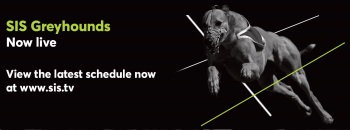I have been asked to give a bit of insight into my life as somebody who makes a living from betting on greyhounds. I thought today, rather than discuss the way I assess races or talk about what I do on a day to day basis I would talk about betting and staking and the philosophy of gambling as I see it .
I think one of the major factors that cannot be underestimated is mental toughness and state of mind or to use one word, fortitude.
In Rudyard Kipling’s poem “IF” there are two lines that convey a way of thinking that I think needs to be repeated to myself now and again.
If you can meet with Triumph and Disaster
And treat those two impostors just the same.
The thing is that no matter how badly or how well things seem to be going at a particular time, one thing is for sure, it will change sooner or later. In the life of a punter a single race can make an unjustified impact on their thinking in the short term. That is a dangerous thing to happen when the mind has to be completely focussed and continue to think in a logical clear and considered way. I suppose I am talking about the punters’ instinct to “chase” losses. This really separates a punter who might be able to make a living from gambling, and one who will be stuck in a cycle of winning big and losing big.
I have a wide circle of friends and acquaintances built up over the years I have been involved in betting on greyhound racing. I can say that within them there is a full range of what might be considered successes and failures when it comes to betting.
Many of them are far better “judges” than others but the better judges are not always the better punters. There lies the crux of winning.
It is a balance between taking risks and being risk averse. One of the main things is being able to consider losing and winning as part and parcel of what you are doing. This can only be done if you able to place another bet knowing that it is not your last chance.
Every bet you have should have a reason for being placed, a reason that you are happy with before placing the bet. After timing has no place in my life. Once I have a bet, if I have done my research right in my own mind, there should be no regrets, no tears, no after timing. You might realise after the race you might have missed something, but you must not dwell on it. Move on and strive not to do it again.
I have heard people say time and time again “If I had a lot of money to start with of course I would win”. That is nonsense. If you cannot stake correctly no matter what you start with you will end up losing it all.
It sounds ridiculously simple to say it, but you need winners, not an unlimited amount of money. When talking about a single win bet, If you are a reasonable judge of a dogs chances and able to equate that to a realistic evaluation of its odds you should be able to make a profit from betting no matter how small your initial betting bank starts out.
One thing I always say to people starting out to see if they can make money from punting, is that no matter what amount your betting bank is, it is good practice to never bet more than roughly 2% of it on a single event.
That way as your bank decreases with losers so your bets decrease. When you start hitting winners your bank increases and you can increase your bets. The most important thing is that even if you continually staked 2% of your initial bank on selections it would give you fifty bets. Now if you back fifty losers on the reel perhaps it is evident betting is not for you.
This initial staking plan helps educate you into realising that any single bet no matter how good a bet it appeared to be before the race, and regardless of the result, must not impact on what or how you will approach the next bet.
I am not saying stake 2% on every selection, but I am saying that 2% should be the maximum stake on any single event.
The basis for any bet I have is simple. ‘Odds’ versus perceived ‘Chance’. Perceived chance is the personal chance you give to a dog. The easiest way to explain this is to think that if the race was run 10 times, In your opinion, how many times would your selection win it?
If you think it would win four times then it is a 6/4 chance and anything over that price might constitute a bet. This all takes time, concentrated effort and hard work but initially if you specialise in a particular track or particular grades within that track it can be done.
Over a long period you will see if your odds versus chance assessment is good enough to make a profit. The aim of this is to be continually getting over the odds when you have a bet.
Similar to being able to bet on heads versus tails, a genuine even money chance, and being able to take 5/4 heads on every flip, in the long term you must win.
I have been quoting exact figures and odds so far but nobody is good enough to totally accurate or right all the time so allow yourself a bit of leeway when assessing a dogs chances.
As I said earlier being able to take win and lose and not letting it affect or cloud your judgement is, in my personal opinion, they key to making a go of punting to win.













